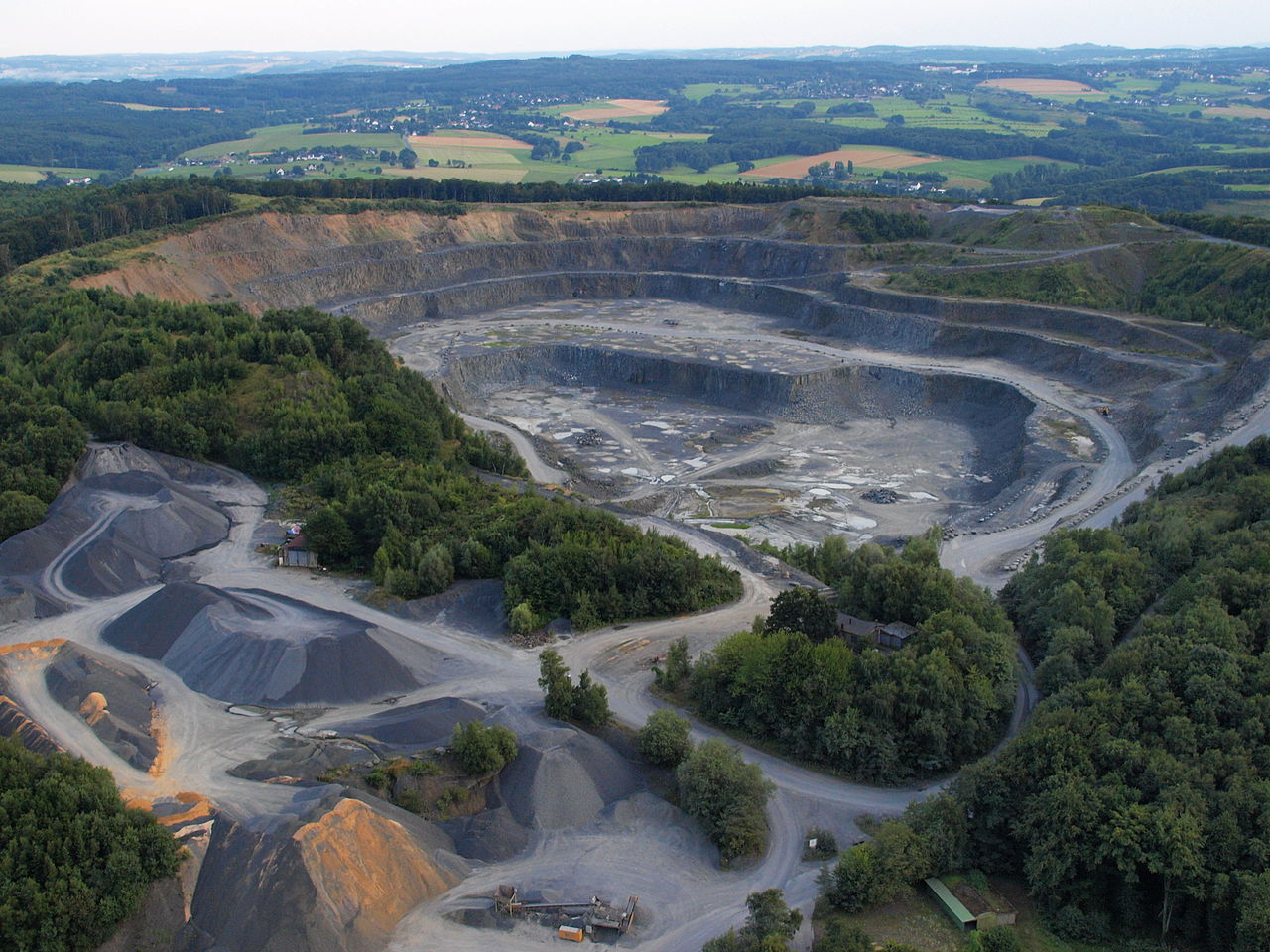It’s easy to be pagan in the wild. It’s easy to find the heart of a nature-based pagan path when you’re immersed in a quiet forest or secluded desert highway. Connecting with the divine is a simpler act when your breath catches at the sight of a graceful doe or soaring raptor. Inspiration flows when viewing a wild river or the pounding waves.
It takes more effort to see the sacred in human-dominated places, where we have so changed the landscape that it’s hard to see what was there before our arrival. Cow pastures and corn fields at least give us some green, growing things to look at and wonder upon. But what about deep within cities, with graffiti-tinged cement and stinking hot asphalt under the burning summer sun? Where is the sacred in a clearcut, or a landfill, or a mountaintop mine?
To me, everything is sacred and deserving of reverence–every bit of it. If anything, it is the missing peaks and filth-choked rivers that need reverence even more, for we have forgotten they are holy. We turn away from them in their time of distress, and seek out places that are more pure and easier to be with. Even I, after fifteen years of brick and concrete and steel, have finally found an avenue to escape for more than a few days at a time–and I’m taking it, by gods.
Like any human animal, by sheer weight of evolution alone I need the respite of relatively untrammeled places, where I can remember that I am a part of a vibrant, multi-species community. All those who work toward a better world need space to care for themselves, places where the fire is not burning so hot, away from the storm-stripped tornado’s path. It is a privilege to be able to step away from war and squalor, to only see refugee camps on television and not in person–or at home. And we share the effects of that privilege by diving back into the fray once we’ve had some time to recover.
It’s hard to look upon the damaged and destroyed. But if we are going to be truly naturalist pagans–nature-based in word and deed–we can’t look away forever. Nature is all things, us included, and to deny ourselves a place in that community, and the responsibilities that come with it, only enables further destruction. We have to celebrate the places that are no more than haunts, those that have been uprooted, those that have evaporated entirely. We need to find the sacred in traumatized eyes and bleeding wounds, in toxins suffusing soil and oil spreading through the Gulf, in the poacher’s rifle and the developer’s plans.
This does not mean we have to accept that things must stay their current course. We can work to move the momentum of an entire world in a healthier, more sustainable direction. We can extend our hands to those in need, human and not, and pull them out of dire circumstances.
But in order to do so, we must be willing to engage with all of it. We must not look away all the time. We must be as pagan in the city as we are in the wild.
Did you enjoy this post? Please consider buying my newest book, Nature Spirituality From the Ground Up, which is meant for people in any setting to connect with nature, whether urban, rural or somewhere in between.


I can’t say I have much trouble seeing natural beauty even in very urban settings. I currently live in a small city and often used to work in the heart of downtown DC. You just have to adjust your vision to see micro beauty: the flowers in someone’s postage stamp front yard, a burst of green in the space of a curving on ramp, a single cherry blossom tree with vibrant colors.
I’m often frustrated in suburbs where I see a shared common area covered in grass. It has so much more potential than that. It just needs a sprinkling of wild flowers or a tiny bit of care to go back to being a wild space.
And for me, the height of being Pagan is a garden. Nothing is so beautiful as mixing human order with the wildness of plants. Especially since plants will not grow when simply asked, but require humans must bow in servitude of them for both to prosper.
Susan
—–
Blog: http://along-came-a-spider.blogspot.com
Facebook: https://www.facebook.com/susan.brooke.75
Fiverr: https://www.fiverr.com/susanbrooke
Esty: https://www.etsy.com/shop/MountainValeMagic
I love Michael Pollan’s idea that domesticated plants won evolution, since they have an entire species of animal making sure they’re carefully propagated and improved.